On the afternoon of May 21, National Assembly deputies worked in groups to discuss the draft Resolution of the National Assembly on reducing value-added tax (VAT); investment policy for the Quy Nhon - Pleiku expressway construction project and adjustment of the investment policy for the Bien Hoa - Vung Tau expressway project, phase 1.
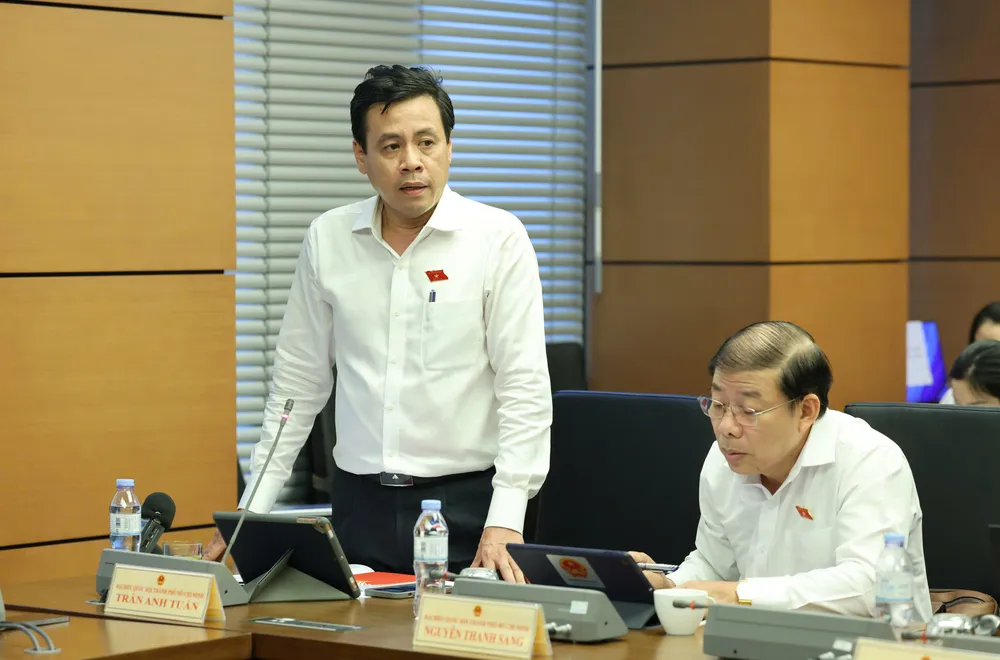
At the Ho Chi Minh City Delegate Group, Delegate Tran Anh Tuan agreed to reduce VAT until the end of 2026. "Previous times, every 6 months, it had to be brought to the National Assembly for decision, which did not create stability and initiative for businesses to make production and business plans," the Delegate said. He even proposed expanding the scope of tax reduction to all goods and services, not excluding some groups of goods and services as proposed by the Government .
The delegate pointed out that when assessing the impact of this policy, the drafting agency only estimated the reduction in budget revenue without taking into account the spillover effects of tax reduction, encouraging production and consumption, and compensating for budget revenue.
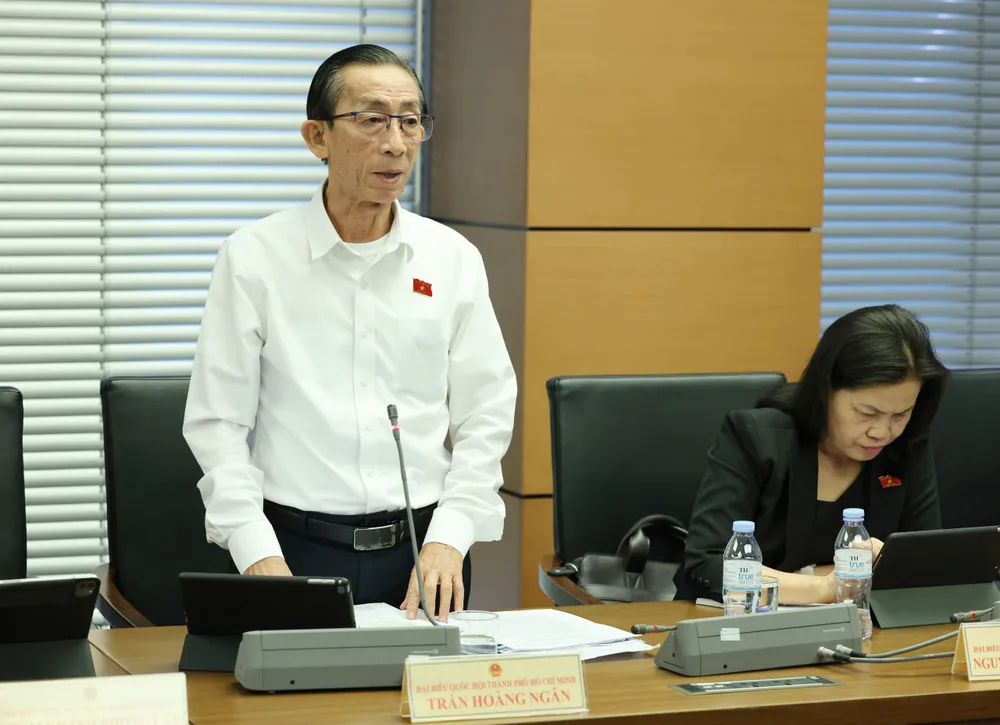
Sharing the same view, Deputy Tran Hoang Ngan added: "We are worried that reducing this tax will reduce revenue, but in fact, when applying this policy, revenue not only does not decrease but also increases thanks to the spillover effect." The Deputy also believes that taxes should be reduced for all goods and services, creating favorable conditions for tax collection.
Basically agreeing with the investment policy of the Quy Nhon - Pleiku expressway construction project, Delegate Tran Anh Tuan raised the issue that the need for public investment capital (for example, to build a high-speed railway...) will be very large in the future.
“Why not apply the public-private partnership model before deciding to use public investment capital for this project? What projects have we allocated the increased revenue, expenditure savings of 2024, and public investment sources for? Is there enough left to continue? If we believe that capital recovery is highly effective, why not do PPP?”, the delegate raised the issue.
Regarding the Bien Hoa - Vung Tau expressway project phase 1, Mr. Tran Anh Tuan commented that there is no need to discuss its necessity anymore, because it is currently being implemented, and cannot be stopped just because of lack of capital.
“However, the survey work was not thorough enough, leading to many adjustments. We need to learn from experience, especially in the measurement and counting stages of site clearance and resettlement. This time, we request the Government to make a complete assessment to avoid having to make further adjustments,” he said.
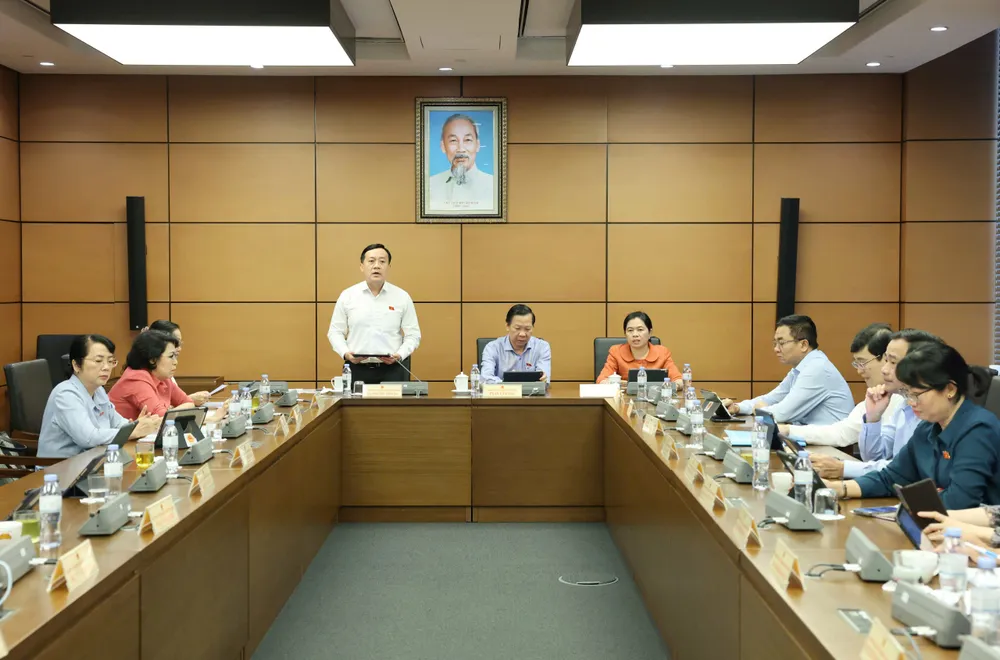
Sharing the same opinion with Deputy Tran Anh Tuan, Deputy Nguyen Ngoc Son ( Hai Duong ) and several other deputies pointed out the fact that many highway projects had to request adjustments to the total investment, and requested the Government to clarify the responsibilities of relevant organizations and individuals in having to adjust the investment policy.
Delegate Nguyen Hai Hung (Hai Duong) raised the issue: "One of the reasons given by the Government is that it has not fully anticipated the speed of urbanization, which is not convincing. It is necessary to assess whether the reason is due to the locality's lack of capacity."
Regarding the Quy Nhon - Pleiku expressway construction project (about 125km long, to be implemented from 2025 and completed in 2029, with a total investment of about 43,734 billion VND), Deputy Nguyen Ngoc Son said that this is a project with complex geology, such as the need to build many bridge piers nearly 100m high, 3 long tunnels, Vietnam does not have many projects with such high bridge piers, so if this issue is not carefully assessed when assigned to the locality, it will easily lead to delays in progress and not ensure construction requirements.
The delegate suggested that for complex projects, the Government should carefully consider decentralization and delegation of authority; it is also necessary to avoid one contractor taking on too many projects, affecting construction progress. In particular, it is necessary to closely calculate the cost of site clearance because from 2026, according to the new land price, it is very likely that the total investment will increase.
Source: https://www.sggp.org.vn/lam-ro-trach-nhiem-viec-phai-dieu-chinh-chu-truong-dau-tu-nhieu-lan-post796223.html



![[Photo] Scientific workshop "Building a socialist model associated with socialist people in Hai Phong city in the period of 2025-2030 and the following years"](https://vphoto.vietnam.vn/thumb/1200x675/vietnam/resource/IMAGE/2025/5/21/5098e06c813243b1bf5670f9dc20ad0a)
![[Photo] Prime Minister Pham Minh Chinh receives Rabbi Yoav Ben Tzur, Israeli Minister of Labor](https://vphoto.vietnam.vn/thumb/1200x675/vietnam/resource/IMAGE/2025/5/21/511bf6664512413ca5a275cbf3fb2f65)

![[Photo] Determining the pairs in the team semi-finals of the National Table Tennis Championship of Nhan Dan Newspaper](https://vphoto.vietnam.vn/thumb/1200x675/vietnam/resource/IMAGE/2025/5/21/eacbf7ae6a59497e9ae5da8e63d227bf)
![[Photo] Prime Minister Pham Minh Chinh attends the groundbreaking ceremony of Trump International Hung Yen Project](https://vphoto.vietnam.vn/thumb/1200x675/vietnam/resource/IMAGE/2025/5/21/ca84b87a74da4cddb2992a86966284cf)
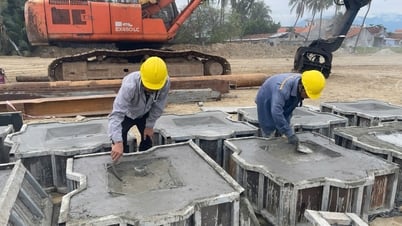



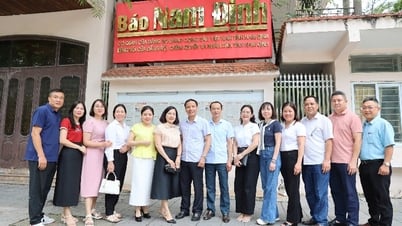
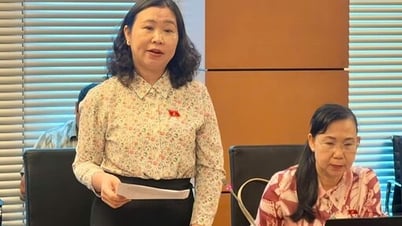

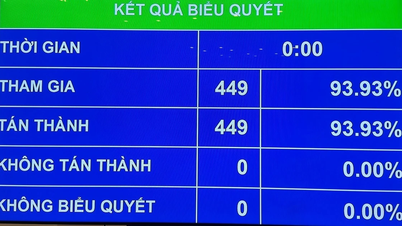








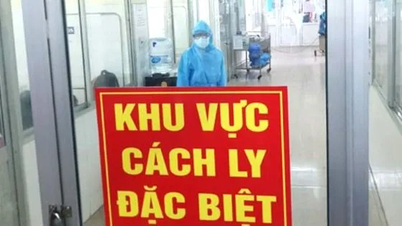
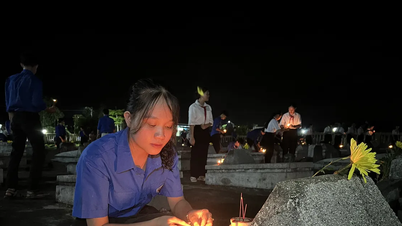


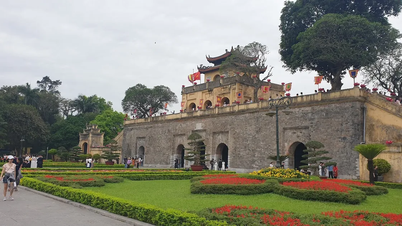



































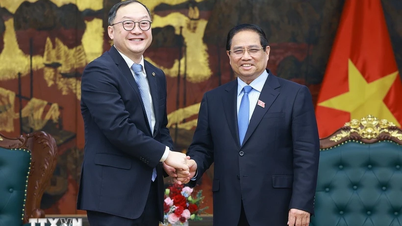












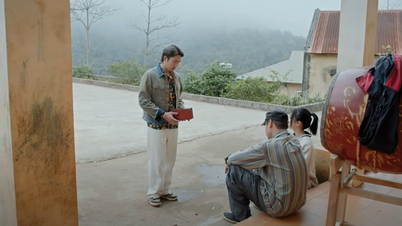

















Comment (0)